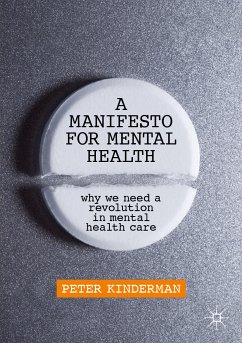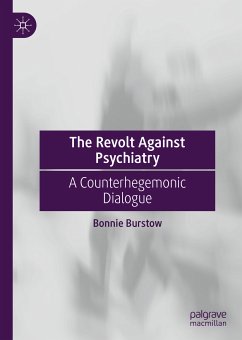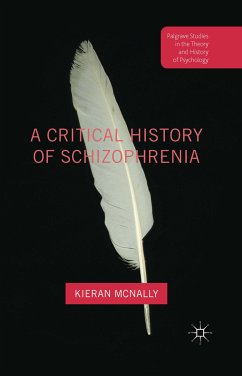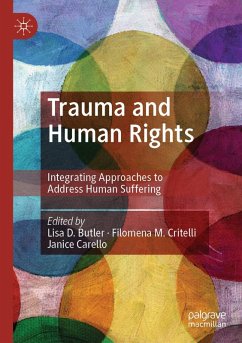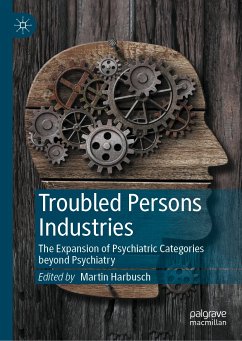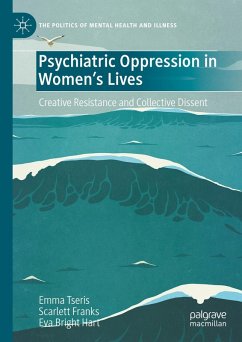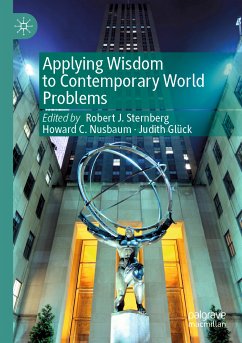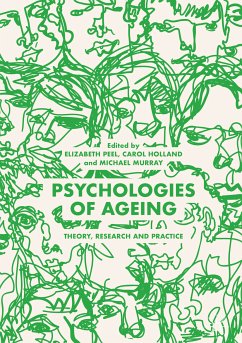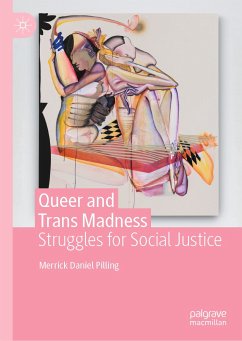
Trauma and Madness in Mental Health Services (eBook, PDF)
Versandkostenfrei!
Sofort per Download lieferbar
32,95 €
inkl. MwSt.
Weitere Ausgaben:

PAYBACK Punkte
16 °P sammeln!
How do survivors of child abuse, bullying, chronic oppression and discrimination, and other developmental traumas adapt to such unimaginable situations? It is taken for granted that experiences such as hearing voices, altered states of consciousness, dissociative states, lack of trust, and intense emotions are inherently problematic. But what does the evidence actually show? And how much do we still need to learn?
Dieser Download kann aus rechtlichen Gründen nur mit Rechnungsadresse in A, B, BG, CY, CZ, D, DK, EW, E, FIN, F, GR, HR, H, IRL, I, LT, L, LR, M, NL, PL, P, R, S, SLO, SK ausgeliefert werden.



